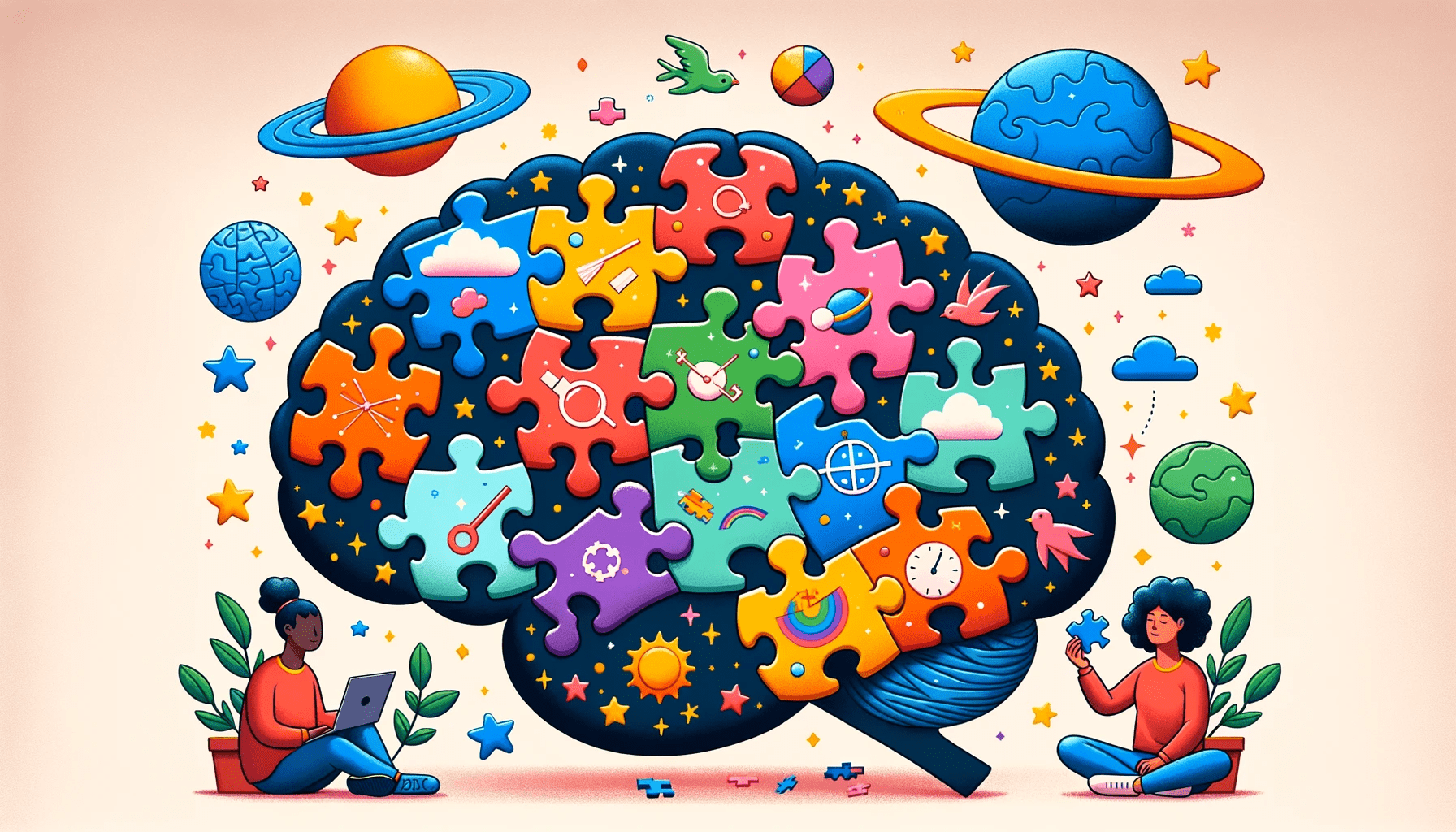You know that feeling when you’re engrossed in a gripping novel, and suddenly you realize hours have passed?
That was me with work.
I’d sit down, fueled by caffeine and ambition, thinking I’d power through.
But invariably, after about an hour or so, I’d find my thoughts drifting, my focus wavering.
It wasn’t until I stumbled upon some intriguing research about our brain’s natural rhythms that I had an “aha!” moment.
Why Do We Lose Focus After An Hour?
We often consider our brains as these powerful machines, capable of marathon sessions of productivity.

But did you know, much like how our muscles tire after strenuous activity, our brain has its fatigue limits too? It turns out, after about 60-90 minutes of concentrated effort, our brain starts begging for a break.
Diving Deeper Into This Phenomenon:
- Ultradian Rhythms: These are the cycles our body goes through multiple times a day. One of these cycles directly affects our attention span and cognitive function.
- The Cognitive Cliff: Ever felt that after a certain point, no matter how hard you try, you just can’t absorb any more information? That’s the cognitive cliff. After 60-90 minutes, our brain’s efficiency drops, making us more prone to mistakes.
- Real-world implications: Think about students cramming for exams or professionals pushing through long meetings. Recognizing this rhythm can be game-changing.
Ever caught yourself thinking, “Why can’t I just focus?” or “Why am I making so many mistakes?”
Well, it’s not you; it’s your brain telling you it needs a breather.
How Can We Use This To Our Advantage?
It’s not all doom and gloom.
Now that we know about this rhythm, we can harness it!
Instead of pushing through the fog, why not:
- Work in focused 60-90 minute blocks.
- Take short breaks to refresh, maybe a walk or a stretch.
- Schedule tasks that require heavy concentration during your peak periods.
Sounds doable, right?
Finding Harmony with Our Brains
Understanding our brains is like getting a user manual for ourselves.
We can optimize, adjust, and ultimately work in harmony with our natural rhythms. Instead of fighting against the current, we can ride the wave of our cognitive peaks.
So, the next time you find your focus wavering after an hour of work, don’t beat yourself up.
Take a short break, recharge, and dive back in.

Your brain will thank you! And who knows? You might just find yourself achieving more in less time.
Isn’t that a thought worth pondering?

Leave a Reply